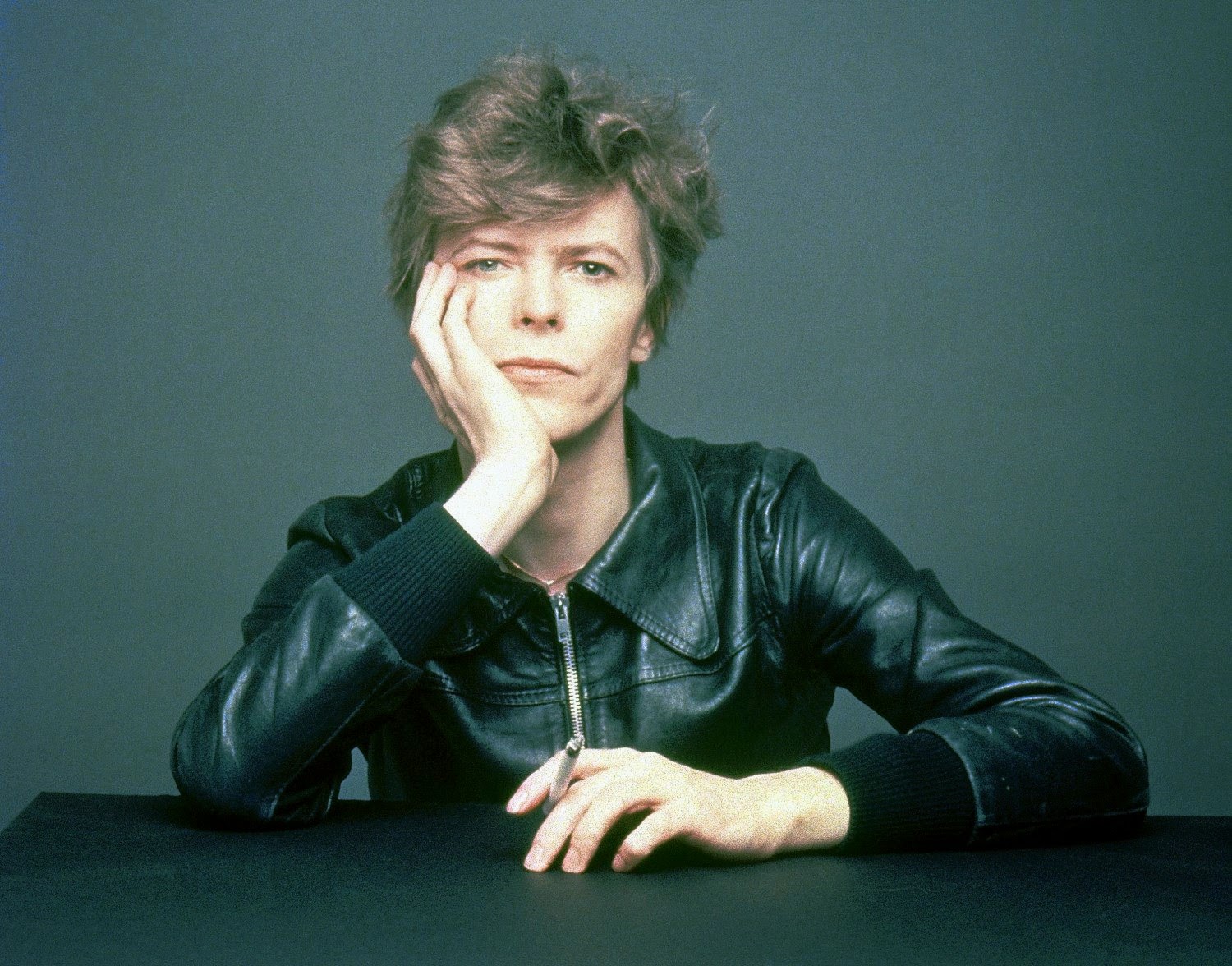
c/o thatericalper.com
“How many times does an angel fall?”
It’s a question asked by the late David Bowie, in his new album, Blackstar.
As Bowie’s final studio album (though it is rumored that some of his work will be released posthumously), Blackstar plays as a requiem for the man who fell to earth. The album is at turns haunting, elegiac, and wistful. The music combines avant-garde with a pop sensibility, while swirling free-jazz jams meet soaring synthesizers and rock guitars, wrapped in an eerie funereal shroud.
Much has been made, at this point, of the timing of the album’s release on Bowie’s 69th birthday, two days before his death from cancer. In retrospect, it is clear that Bowie was saying goodbye on Blackstar, leaving us with a parting gift before his ascension to the stars. He knew he was dying during the recording of the album, but kept his illness secret from everyone except those closest to him. The album’s lyrics are littered with cryptic references to death and the afterlife. In the music video for “Lazarus”, his final single, he lies on a barren hospital bed with black buttons covering his eyes as he whispers, “Look up here, I’m in heaven.” While Bowie himself seems unlikely to rise from the grave like the titular Lazarus, his art and his influence will live on long after him, and, in effect, so will he. Bowie turned his death, as he did his life, into a work of art.
Few musicians have attempted as many styles and gone through as many, yes, “changes” as Bowie and none can claim to have accomplished these shifts with such great success. From the androgynous glam rock stylings of Ziggy Stardust to the cocaine-fueled soulfunk jams of the Thin White Duke to the electronic experimentation and groundedness of the Berlin Trilogy, the ’70s were a kaleidoscopic whirlwind of artistic ingenuity for Bowie. As biographer David Buckley writes, “Bowie is both star and icon. The vast body of work he has produced…has created perhaps the biggest cult in popular culture… His influence has been unique in popular culture—he has permeated and altered more lives than any comparable figure.” Bowie moved gracefully from style to style, always leaving his signature eccentricity and intelligence in his wake.
His influence, however, wasn’t limited to music. He has shaped our memories of the space race and challenged society’s notions of sexuality and gender. He was a fashion icon, a film star (perhaps most fondly remembered for his role as the tights-wearing Goblin King in Labyrinth), a Broadway actor, and a painter. He was the complete artist. Today, no other artist, especially today’s pop titans, can escape the long shadow cast by Bowie. Kanye’s dabblings in fashion, the stage personae of Beyoncé and Nicki Minaj, and the art pop weirdness of Lady Gaga can all be traced back directly to the road paved by Bowie.
Yet in all of this heightened splendor, Bowie managed to walk the thin line between artifice and humanity. In a tribute to the star, Jaleel Bunton of TV on the Radio talked about meeting Bowie in a recording session for one of the band’s early albums. Bowie showed up looking like a dad, wearing New Balance sneakers, and asked the band if his harmonies sounded alright. “By definition he should have been the most pretentious man in the universe,” Bunton said, recalling the experience. “But he just wasn’t. The purpose of an artist is ultimately to unite….There are so many human failings that can mar this beautifully altruistic goal but Mr. Bowie seemed to have navigated this minefield and remain a humanist first and artist second. I can’t convey how life-affirming our encounter was.”
In the end, it was his humanity that made David Bowie truly special. In the character of Ziggy Stardust, Bowie created an alien that came to earth and fell in love with humanity. Ziggy became a rock star in the hopes of reaching out to the world and showing us a bit of light, but in the process fell into vice and destroyed himself, ultimately killed by his own fans. In this story, Bowie seemed to be prophesying his own demise—a prophecy he very nearly fulfilled. During the recording of Station to Station, an album he can’t remember recording, Bowie claims to have lived off of only “red peppers, milk, and cocaine.” He became a shadow of his former self. Paranoid, he would bottle his own urine and refrigerate it for fear of it being stolen. He publicly endorsed fascism (though whether this was really him or merely him losing himself to the cold, Aryan character he assumed at the time, The Thin White Duke, is another matter), and generally seemed to be in a constant state of misery. It was at this time that he retreated to Berlin to record the album Low, so named for the current state of his life. In Berlin, he slowly regained his sense of self and did some of his most experimental work. From this point on, he would never again lose himself in his pursuit of art. He had beaten the devil at the crossroads and kept his soul. He blazed trails through unknown territory until the day he died. He fell to earth, stayed a while, and returned to the stars.
Comments are closed